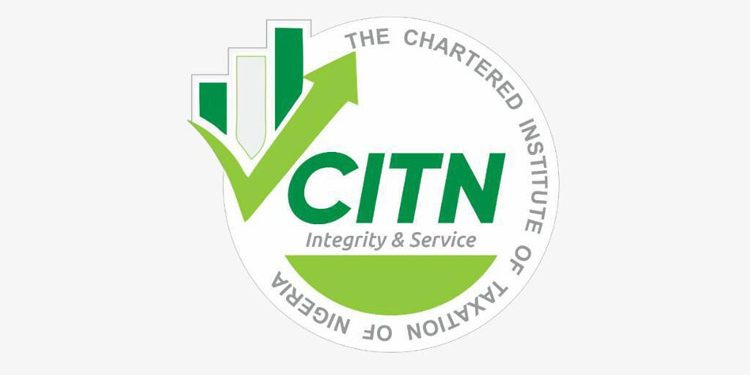The Chartered Institute of Taxation of Nigeria (CITN) has emphasized the importance of conducting a comprehensive review of the country’s international tax policies. This call came during the institute’s 25th annual tax conference held in Abuja under the theme, ‘Nigeria of the Future: Achieving Sustainable Development through Taxation.’
The conference featured a panel session on the global trend in taxation of the digital economy, where prominent financial leaders delivered presentations on the subject matter. Recognizing the urgent need to counter tax avoidance by multinational enterprises, the CITN stressed the necessity of a holistic review of Nigeria’s international tax policies, including multilateral and bilateral agreements. Such a review would lay the foundation for a robust legislative framework aimed at bolstering tax revenue in the country.
The CITN highlighted how the evolution of the digital economy in recent years has presented tax authorities with opportunities to develop regulatory frameworks for effectively taxing various businesses and transactions. The advent of the digital economy has not only brought forth new growth and employment prospects but has also seen a rise in the number of gig workers providing labor services through platforms on a one-off contract basis.
However, the CITN pointed out that existing laws and institutional systems, particularly in tax and social security, are not adequately adapted to this new reality, despite increased awareness of taxing digital businesses. As a result, tax gaps have emerged, characterized by shortfalls in tax revenue due to non-declaration or under-declaration of taxable income, unequal tax burdens between self-employed individuals and salaried workers, and issues related to convenience in tax declaration.
Consequently, commercial activities and the location of consumers are frequently dissociated from the associated profits, often reported in different jurisdictions. This phenomenon has led to base erosion and profit shifting, posing challenges for effective taxation. To tackle this issue, the Organisation for Economic Co-operation and Development (OECD) formulated the Base Erosion and Profit Shifting (BEPS) Action Plan, which includes measures aimed at addressing the tax challenges arising from digitalization.
During the conference, Ian Gary, the Executive Director of the Financial Accountability and Corporate Transparency Coalition, a US-based non-partisan alliance comprising over 100 state, national, and international organizations, delivered a presentation on the global progress toward public, country-by-country reporting by multinational enterprises (MNEs).
The CITN’s call for a holistic review of international tax policies reflects the need for Nigeria to adapt its tax regulations to the realities of the digital economy. By implementing a robust legislative framework and addressing tax gaps, Nigeria can enhance its tax revenue collection and pave the way for sustainable development in the country.











